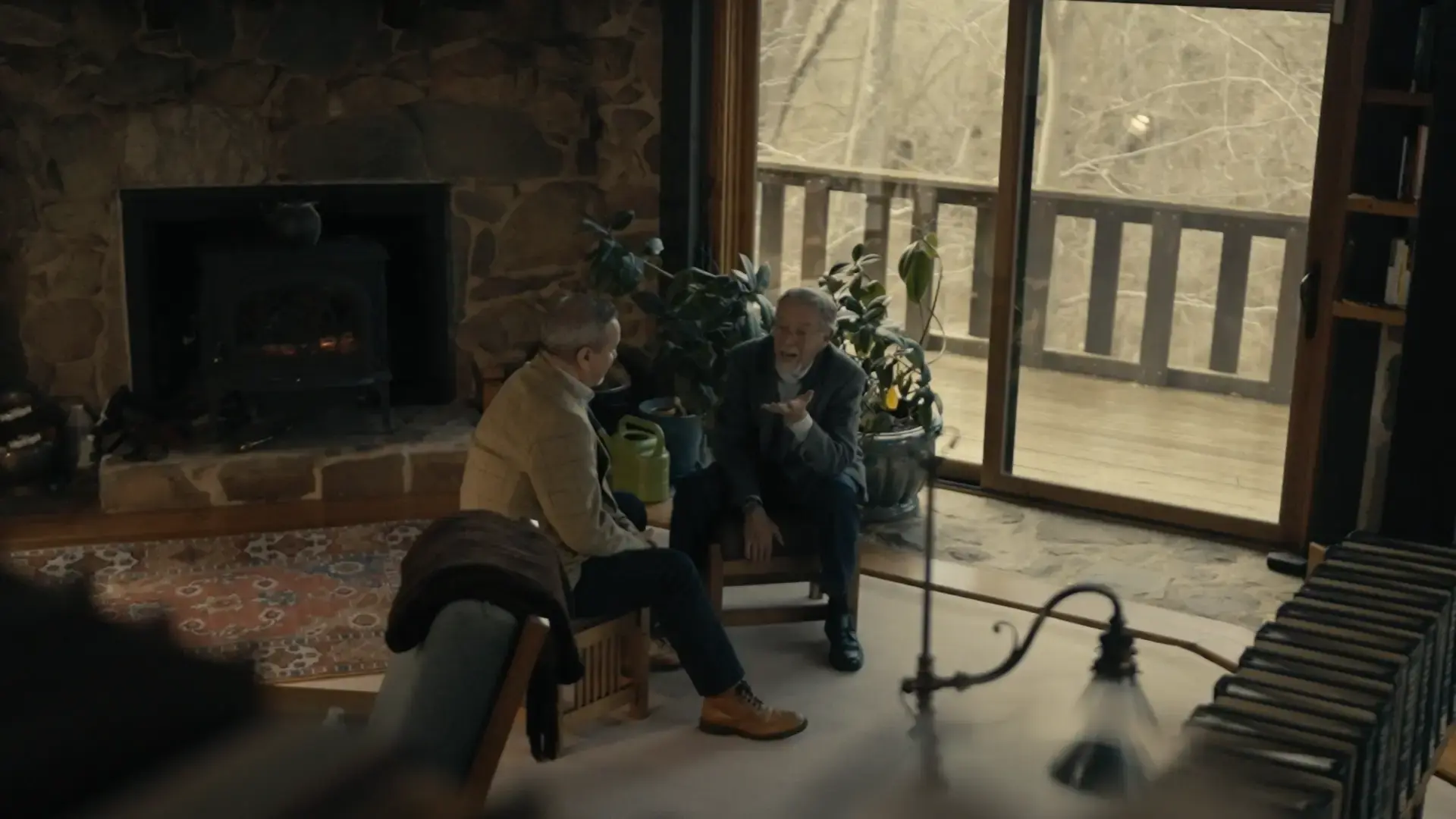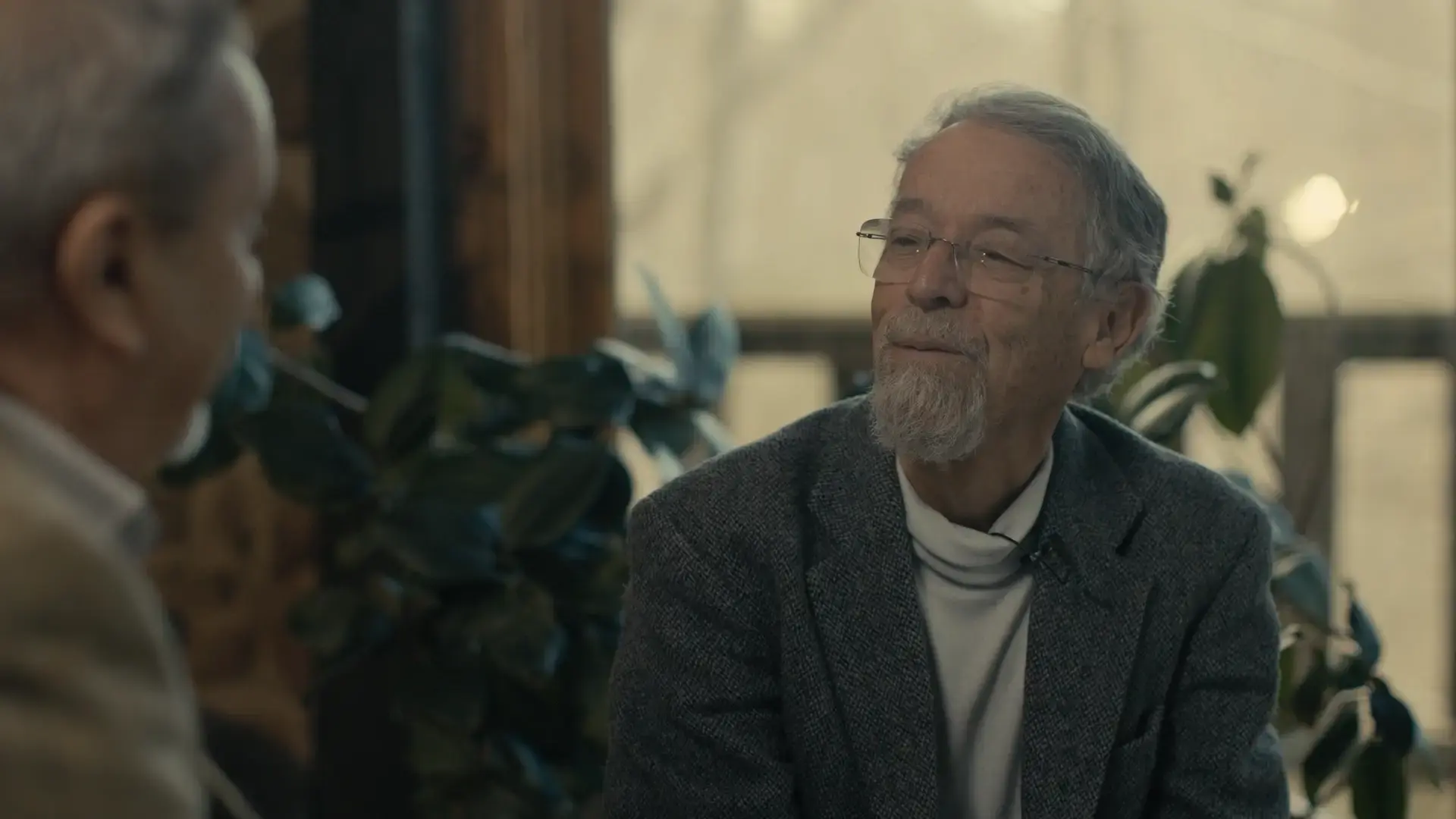Our Chief Executive Officer Tony Hughes talks to Barney Jordaan, Professor of Negotiation and Dispute Resolution at Vlerick Business School about whether there is a hard and fast rule for opening a negotiation or if it requires a more open-minded approach.
Barney Jordaan - Tony, there is a conventional wisdom that one should never make the first offer in a negotiation. Other people have a different point of view. What is your own view on that? When should you make a first offer and when should you not?
Tony Hughes - I don't think it's fixed. I understand that conventional wisdom is the fact that you shouldn't make the first offer and you should seek proposals from the other side. If you continually do that, you will be very irritating, because you're not prepared to put anything forward first.
I would put something forward when I'm trying to put a stake in the ground about our position. Very early on in a negotiation, you may hear somebody saying, ‘It's important to us that the volumes go up by 20%’. That's saying very early on ‘Here is a stake in the ground and this is what we're going to be talking about’ the other side might come back and say, ' I think that should go down by 10%.' you're just sizing each other up.
I wouldn't say there's a hard and fast rule, I would say that it is a negotiation. It's a two-way process. If you're the person always asking for a proposal, then you're going to be irritating. If the person always giving it then you probably may not get your best position.
Barney Jordaan - Tony, just one more question on tactics and behaviours. What would you advise somebody who negotiates with somebody else who's only focus is on price? Whereas the other side has a lot of value to add. Their focus is not just on price, but the total value. How do you suggest one deals with that situation?
Tony Hughes - Firstly, make sure that it is a negotiation and not a persuasion. Because if you've got a lot of value to add, that should have been on the table prior to the negotiation. For example, if you're, running a big DIY shed, there are certain brands you've got to have in that shed.
The brands know that there's a value to that brand. If you believe that you're selling something into this DIY shed and they're not aware of the value, now is probably not the time to try and raise that value. There has to be a different conversation, where you then get into the negotiation beyond that.
You must make sure that the other side only sees price as the issue. If price is the only issue, you've got to have your worst-case scenario on price, absolutely bottomed down beyond which you would walk away. Otherwise you will lose business. However, of course, when you set that worst price that's going to be relative to your fallback, ‘what do I do with this stuff? If I can't sell it here’ It's a complex issue and of course, it's one that procurement in certain areas tend to put too much pressure onto people to be able to handle.
Missed the previous video? Learn how to counter hard bargaining tactics here.
Ready for the next video? Discover the four tips to help improve your negotiation skills here.








